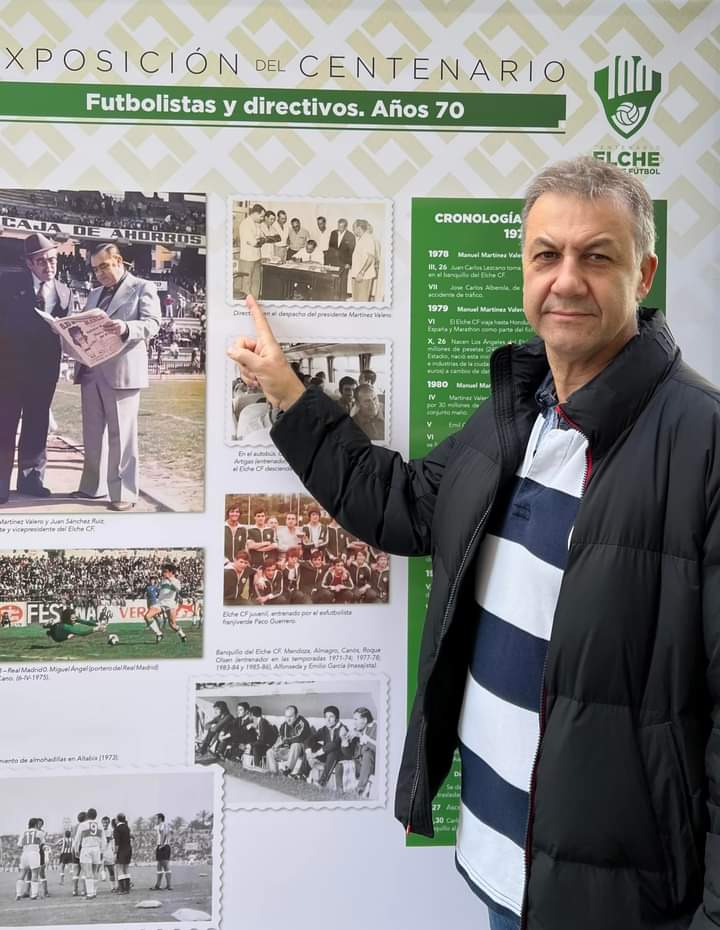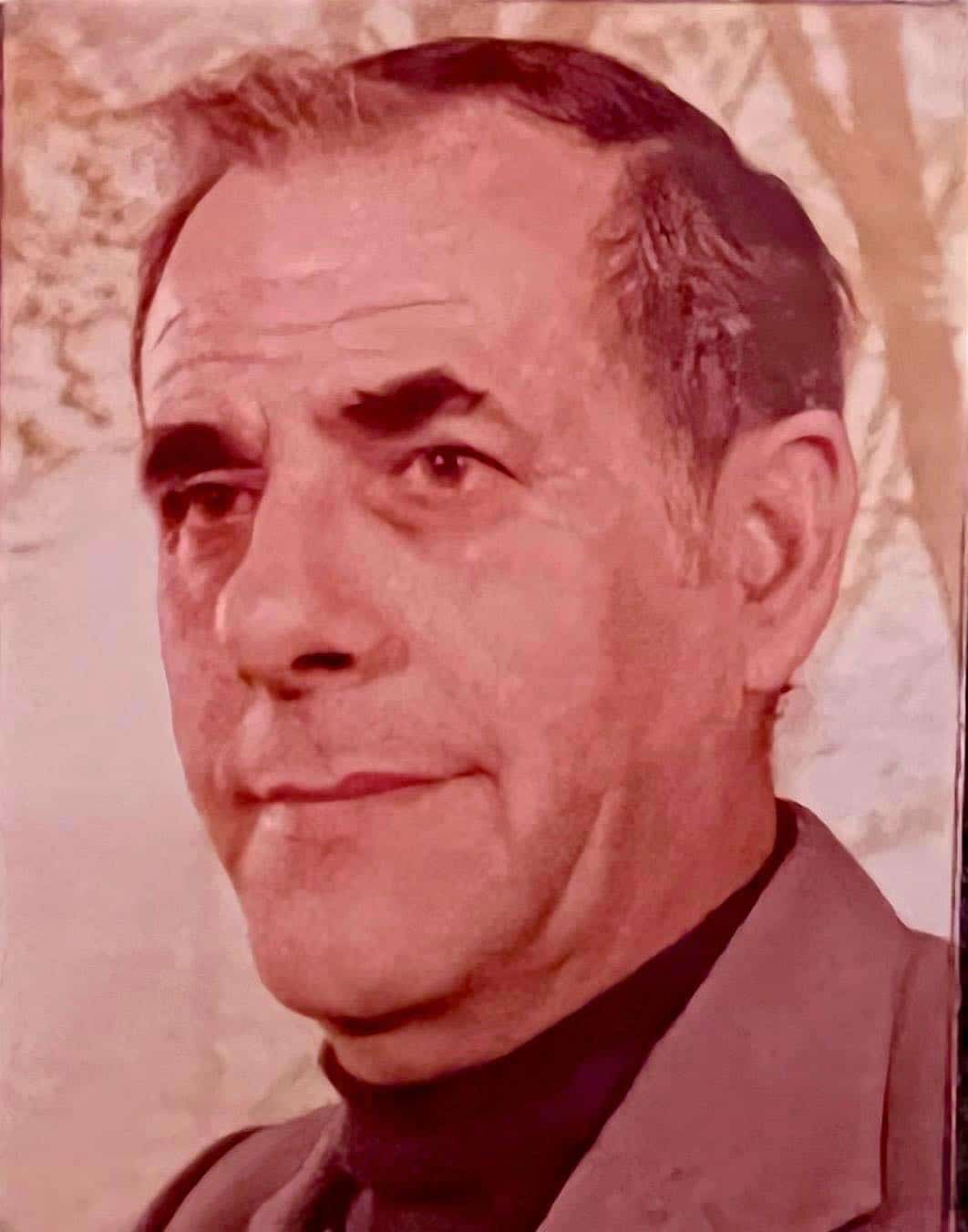Andrew Atkinson speaks exclusively to Angel Castaño, son of the late Sports columnist in the newspaper Información, broadcaster with Radio Elche and author, Àngel Castaño Valero.
ANGEL, a doctor of fine arts, an artist, Master in Art Projects and Research, who works at the University Oberta de Catalunya (UOC), said: “Starting in September 1960, my father was a reporter in the weeklies ‘Gaceta Ilicitana’ and ‘Primera Página.’ He also went on to broadcast on Radio Elche using the pseudonym “Ancava”.
Angel, a former pupil at the IES La Asuncion Elche, said: “I remember my father who, on Sundays, after his day at football, would sit at his Olivetti typewriter, illuminated by the light of the lamp, typing, until he finished his column that would later be published in the newspaper El Perdón.”
Angel who moved from Granada to Elche, said: “Reading and writing were his two great passions, after soccer.”
Ángel (Elche 1925-2009) was the administrator of the companies Viuda de Maciá, García Hurtado and Casemar, SA, the latter as a partner.
One of his early works was La Gramola: a comedy in one act (1947). He published five novels with the Rollán publishing house about the American West: The man without anger (1962), The great bluff (1962), The thickness of a hair (1963), Bloody dressage (1967) and Coyotes in Coatchie (1972), using yet another pseudonymJoseph McLegan (Angel read in reverse).
Some of his novels were translated into Portuguese and distributed by publishers in Lisbon and Rio de Janeiro.
He was also a finalist for the Café Marfil award in the short novel category with his works Spilled Arena and La jungla and won the VI Ciudad de Tarrasa-Juan Marqués Casals Short Novel contest in 1974 with his work La vida empieza siempre, which went on to be published in 1978.
The newspaper La Verdad published his story Hermana Muerte, incorporated into the book Selección española de cuentos de misterio, and later he wrote The absolute price (1978), Nobody dies the eve (1983) and Stories (1983), a work which included five short stories.
“He was a tireless reader as well as a writer, his free time was spent reading and taking notes for his novels,” said Angel.
“He did not have much free time, since his main activity was accounting for the dress factory, Casemar Elche, of which he was also a founding partner.”






